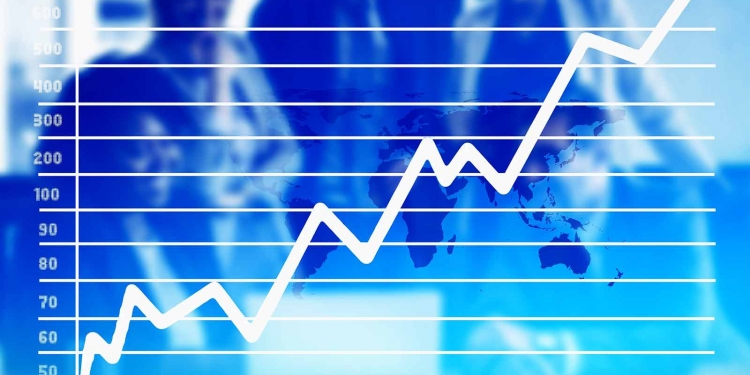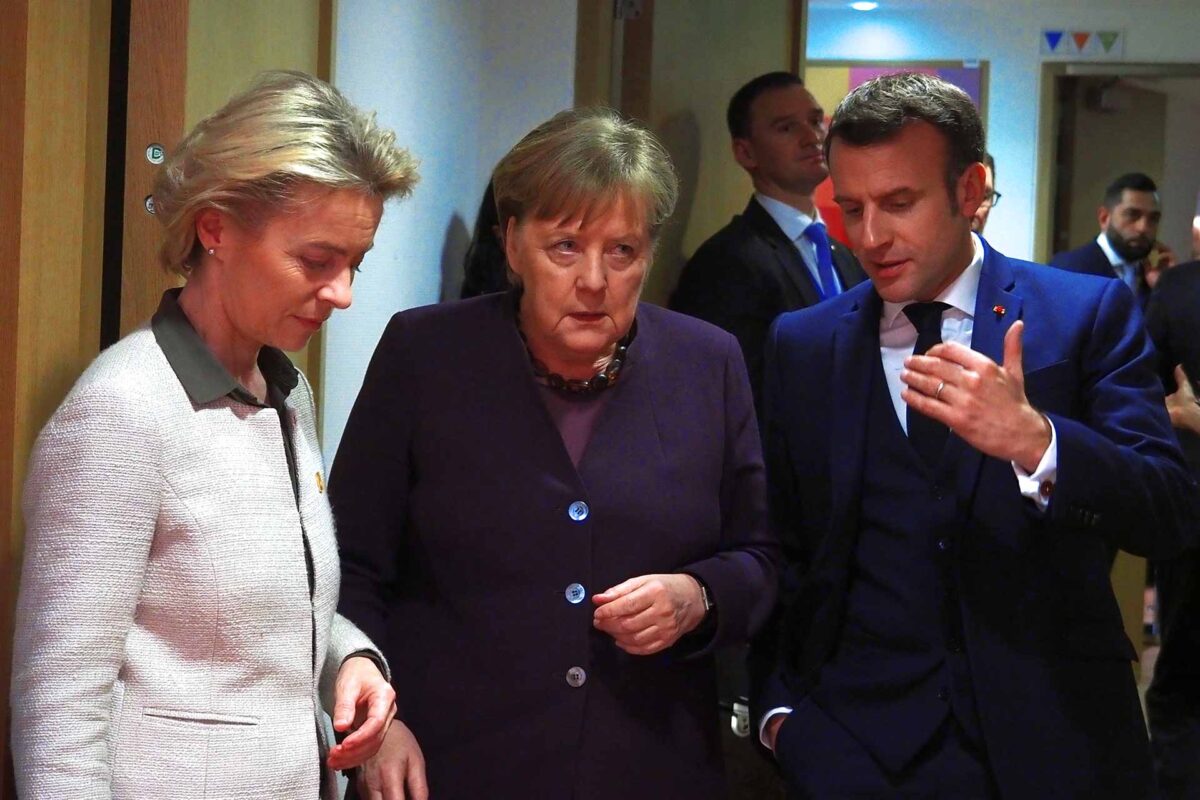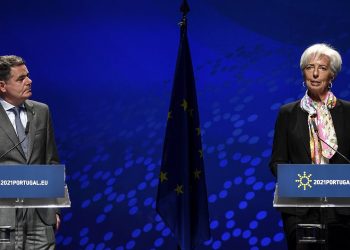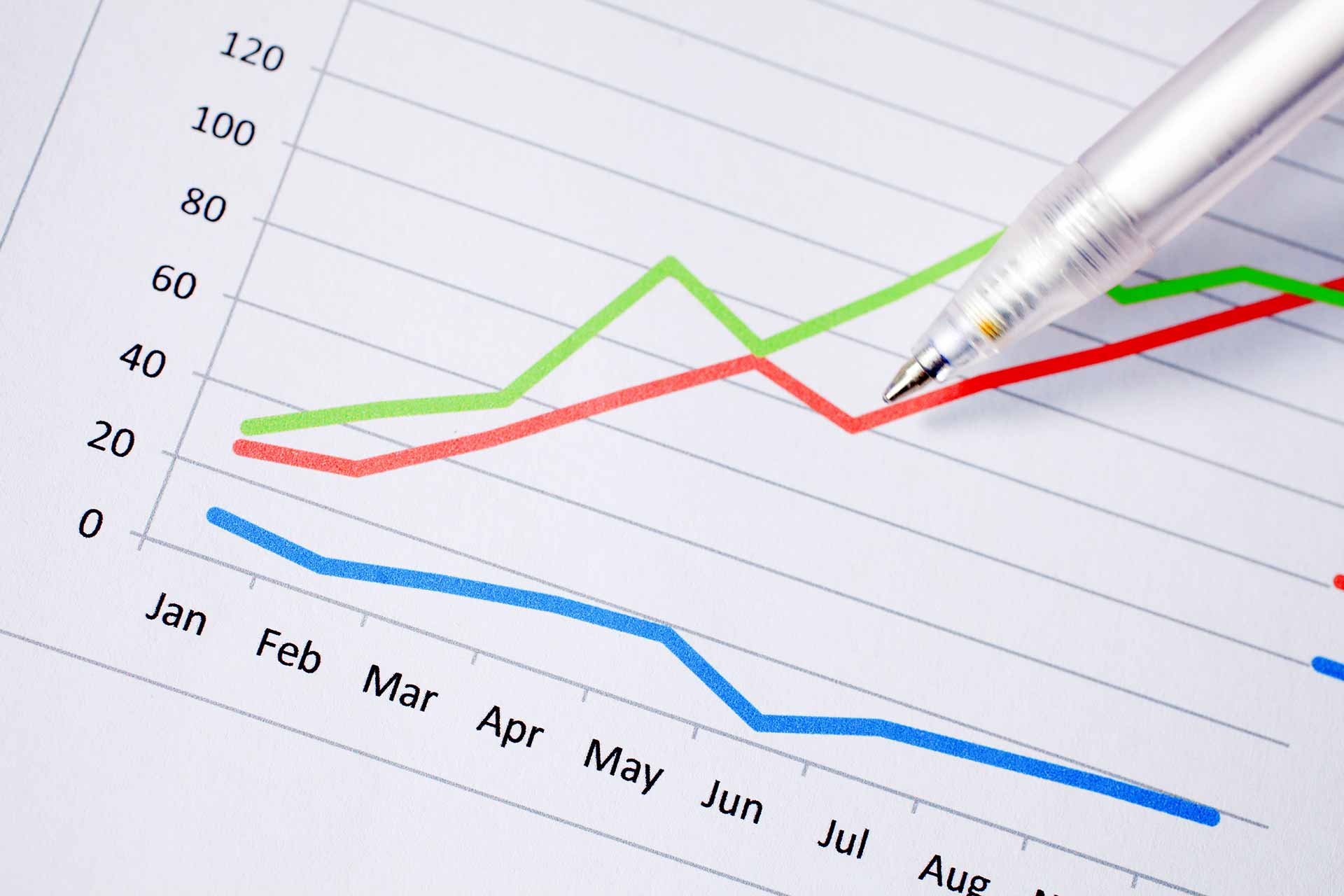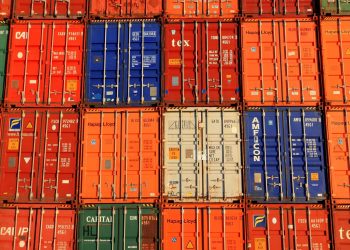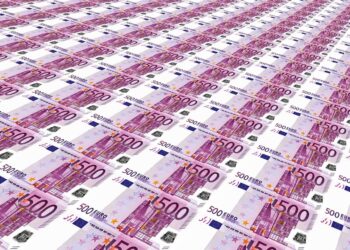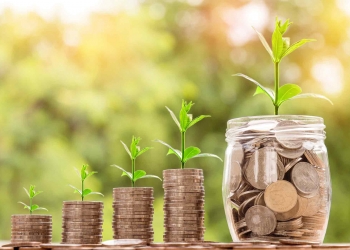The coronavirus outbreak is testing the EU in ways that would have been unthinkable only months ago. Along with the human cost of lives lost, the hit to the EU Economy has been severe. Since the outset, the EU has been mobilising all means available to help member states reinforce their health sectors and mitigate the socio-economic impact of the virus.
Predictions about the effects of the coronavirus pandemic on the world’s economy arrive almost daily. The current crisis is unprecedented in the history of the European Union. No life, no workplace, no business remains unaffected from this global shock. EU Economy has been “infected” and affected by the Coronavirus pandemic.
There is so much uncertainty: will there be a relapse? Will there be a second round of lockdowns? What will the mood of investors and consumers be?
Johan Van Overtveldt, MEP ECR
It could take more than two years for the EU Economy to recover from the coronavirus pandemic! World economy is unlikely to recover to pre-pandemic levels before 2022, the Dutch banking group ING has warned. The unemployment crisis looming in the US was the worst since GIs demobilised after World War II.
European Commission is expected to table proposals on the Recovery Funds this week, but there are already deep divisions on, for example, whether countries should be given loans or grants.
EU Loans or Grants?
Germany and France want European Commission to issue 500 billion euros ($550 billion) of European Union debt to finance a Recovery. This initiative is the Merkel-Macron Corona Recovery Initiative. It is a step in the right direction. But will the size be sufficient? And how to finance it? Merkel, Macron will announce details on the new ‘Franco-German initiative’.
Merkel-Macron Initiative – EU Virus Recovery Plan
Coronavirus pandemic will be overcome quicker if world works together
Angela Merkel, Chancellor of Germany
Macron, Merkel Agree 500 Bn Eur EU Virus Recovery Plan
The Recovery Fund of €500 billion will provide EU budgetary expenditure for the most affected sectors and regions on the basis of EU budget programmes and in line with European priorities. It will enhance the resilience, convergence and competitiveness of the European Economies, and increase investments in particular in the digital and green transitions and strengthening research and innovation.
Stronger Europe Health Coordination Must Be ‘Priority’
Emmanuel Macron, President of France
Greening the EU Economy
The need for a significant stimulus to reboot the EU economy comes at a time when voices calling for increased green investment are also on the rise. Parliament is insisting that climate action is at the core of the post-pandemic recovery. Merkel and Macron agree and they note that now is the time to boost the modernization of European Economy. In this spirit, we reaffirm the European Green Deal as the EU’s new growth strategy and a blueprint for a prosperous and resilient economy on the way to carbon-neutrality by 2050.
The Green Transition at the heart of the EU Economy and EU Recovery Fund
The coronavirus crisis has shown how vulnerable we all are, and how important it is to restore the balance between human activity and nature.
Frans Timmermans, Executive Vice-President for the European Green Deal
Biodiversity Strategy and a Farm to Fork Strategy
As core parts of the European Green Deal, the two strategies will also support the economic recovery. In the coronavirus context, they aim to strengthen our societies’ resilience to future pandemics and threats. These are climate impacts, forest fires, food insecurity or disease outbreaks. Economic recovery focuses on sustainable practices for agriculture, fisheries and aquaculture and addresses wildlife protection and illegal wildlife trade. The two strategies are mutually reinforcing, bringing together nature, farmers, business and consumers for jointly working towards a competitively sustainable future.
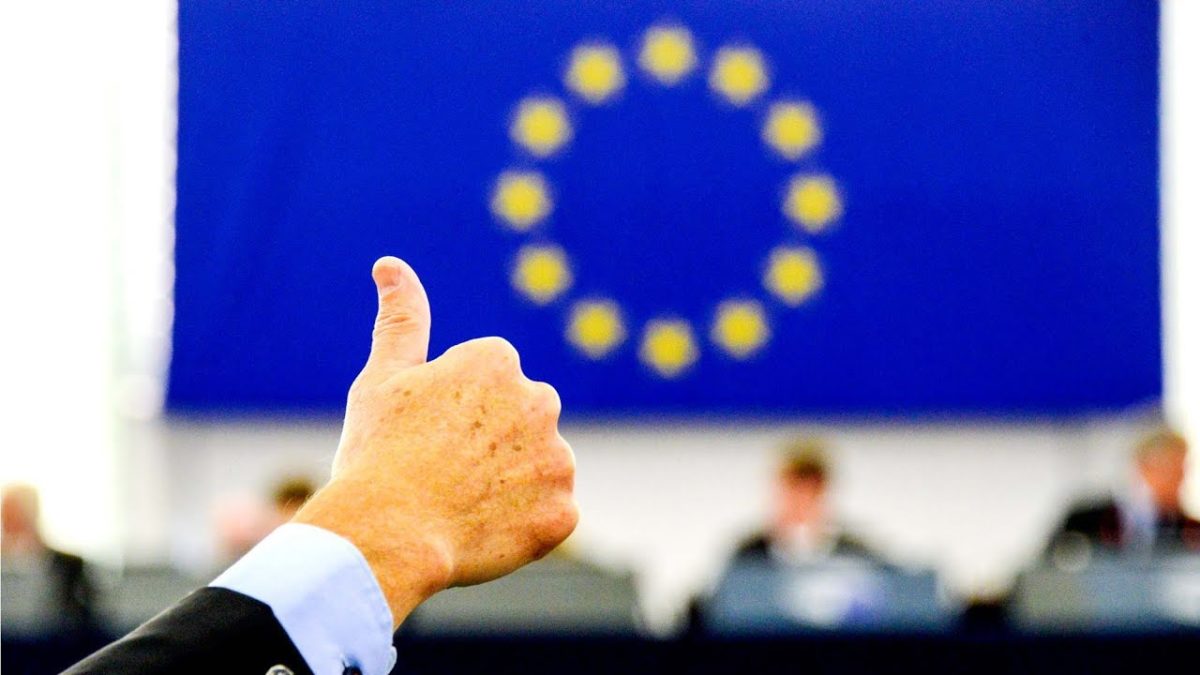
Covid-19 recovery fund must be to EU long-term budget
MEPs called for a €2 trillion fund, built into the next MFF long-term budget, which puts Europeans at the heart of the Covid-19 recovery.
Ahead of a vote on plans to revise the post-2020 EU budget, the chair of Parliament’s budget committee Johan Van Overtveldt warns! The economic recovery would be “slow and gradual”. The prediction of a 7.5% decline in economic activity this year is a “mild forecast”. European Parliament has also called for a large-scale recovery package to support Europe’s economy after the crisis.
The recovery fund should be substantial but it should also be part of the next budget MFF 2021-2027 and not something apart.
Johan Van Overtveldt, MEP ECR
EU response to the coronavirus!
Ursula on der Leyen’s announcement will be a great moment in European History. It will be a common EU Response to the crisis and it will mark a significant change in EU integration.

